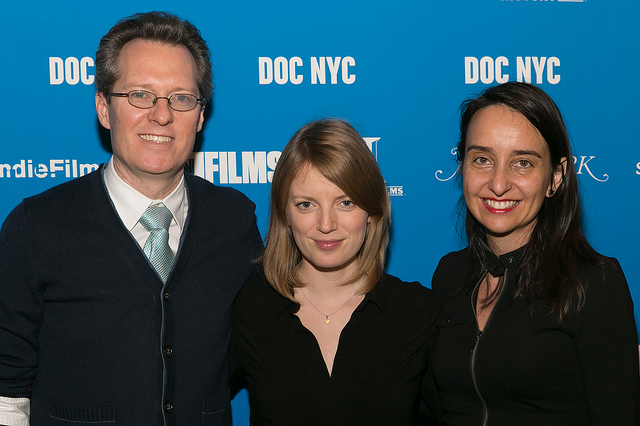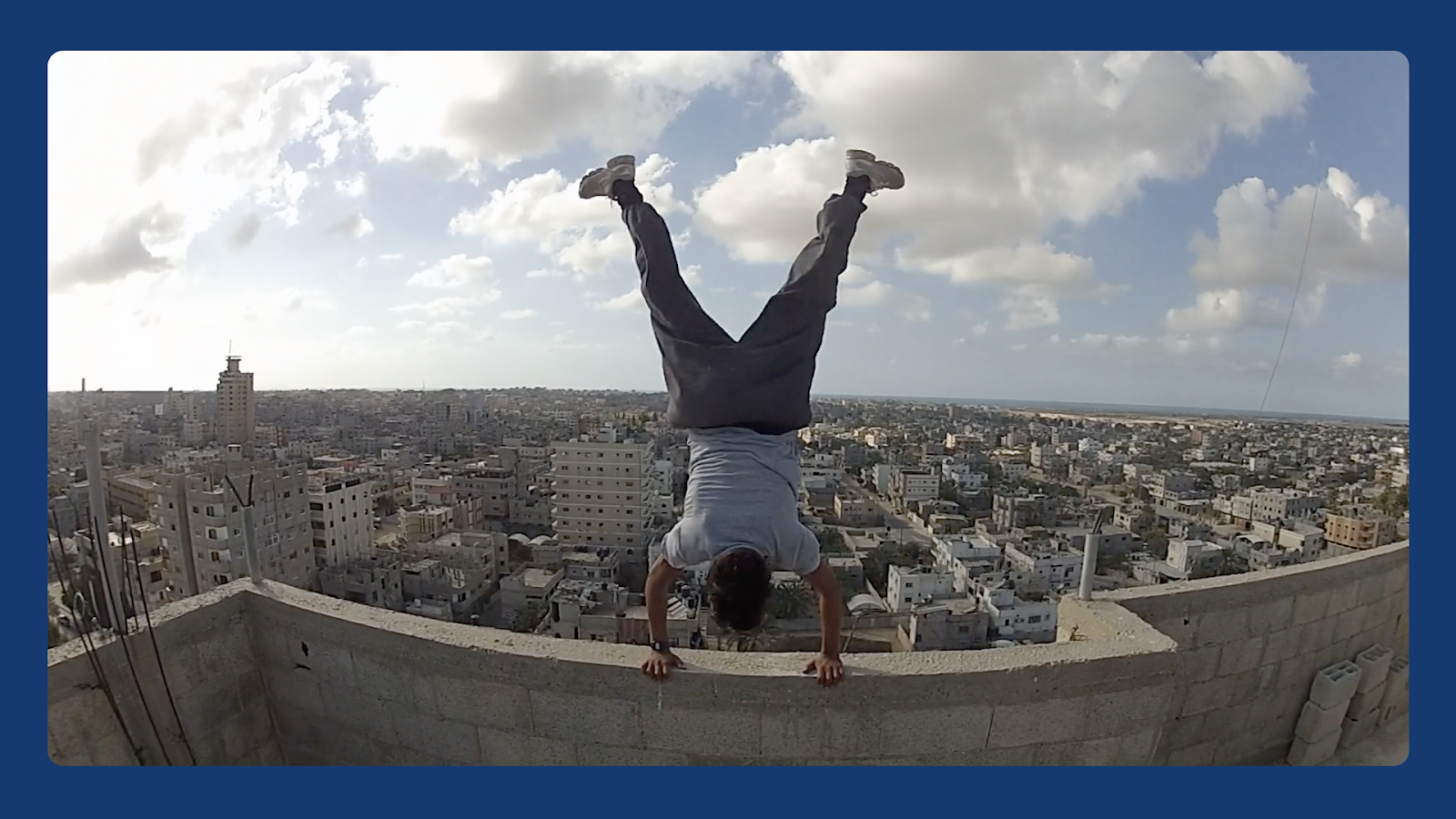Stories We Tell: One Family’s Competing Narratives of Truth

This post was written by DOC NYC blogger Karen Backstein

What is truth? How can we know what really happened in the past? And who has the right to tell the story of our lives? In her first documentary, Sarah Polley, whose fictional narrative film AWAY FROM HER dealt with Alzheimer’s, returns to the question of memory. Engaging in what her onscreen self calls “an interrogation process,” STORIES WE TELL explores the secrets hidden within her own family—particularly those of her mother, Diane Buchan.
An opening quotation from writer Margaret Atwood sets the stage: “When you’re in the middle of a story, it isn’t a story at all . . . it’s a confusion.” It’s this confusion that interests Polley. Using a combination of home movies, reenactments, and talking-head interviews, she probes her family’s past, revealing layers of information. She always reminds us, however, that what we’re looking at is an artificial construction. We watch the cameras being set up for every interviewee, and hear their back-and-forth with the director. Speakers contradict each other, and while some things are irrefutably true, other events remain murky. Like the home movies she uses—poignant fragments of reality—the truth is jumpy and jittery and sometimes too blurry to see clearly.
In a discussion following the DOC NYC screening of her film on Sunday, Polley discussed her decision to create her first nonfiction film. “Documentary has always been my favorite medium,” she said. But she held off because she was “terrified I was going to make a really bad one.” Though she’s hoping to make more in the future, she admits, “It’s substantially more difficult. It takes more courage. You always live with the thousand possibilities of what you could have done.”
Throughout the making of the film, Polley was uncertain whether or not she would publically show it. But she said, “The experience was actually thrilling, not negative.” At the same time, she doesn’t really see this film as the last word on the subject, admitting that her perspective is “ever-changing” and that she “is still getting input from my mom’s friends.” And while she said there were “certainly chapters in the film where I remember it happening differently,” she felt that she should not impose her version of events on other people.
Karen Backstein has taught cinema studies in a number of New York-area universities and her reviews have appeared in CINEASTE magazine, as well as in several academic journals and anthologies.

